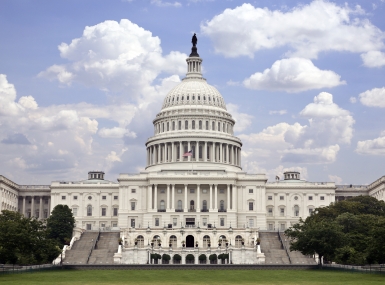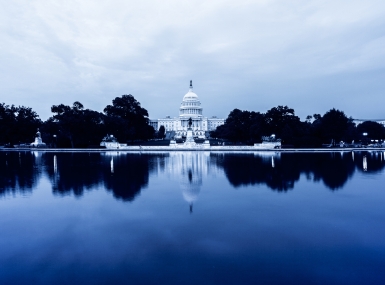10th Circuit OKs reporting Internet purchases to state tax collectors
In a significant ruling, Direct Marketing Association v. Brohl, the 10th U.S. Circuit Court of Appeals has held as constitutional a Colorado law requiring remote sellers to inform Colorado purchasers annually of their purchases and send the same information to the Colorado Department of Revenue.
In an earlier decision, Quill Corp. v. North Dakota, decided in 1992, the Supreme Court held that states could not require retailers without an in-state physical presence to collect use tax. In an effort to improve tax collection, yet not trespass on the Quill decision, the Colorado Legislature in 2010 began requiring remote sellers to inform Colorado purchasers annually of their purchases and send the same information to the state’s department of revenue.
The Direct Marketing Association (DMA) sued Colorado in federal court claiming the law was unconstitutional under Quill. The 10th Circuit disagreed concluding that Quill, “applies narrowly to sales and use tax collection.”
The 10th Circuit further concluded the Colorado law doesn’t discriminate against interstate commerce because the DMA was unable to point to any evidence that the notice and reporting requirements imposed on out-of-state retailers are more burdensome than the sales tax collection and administration requirements imposed on in-state retailers.
At least three other states have similar notice and reporting requirements (Oklahoma, South Dakota and Vermont).
The State and Local Legal Center filed an amicus brief in 10th Circuit arguing that Quill does not apply to the Colorado law, and that the notice and reporting requirements aren’t discriminatory.
It also discussed the devastating impact Quill has had on state and local governments in light of the rise of Internet purchases, the failure of Congress to pass the Marketplace Fairness Act, and states’ need to improve use-tax collection through statutes like Colorado’s.
Attachments
Related News

County Countdown – Dec. 15, 2025
Every other week, NACo's County Countdown reviews top federal policy advocacy items with an eye towards counties and the intergovernmental partnership.

U.S. Congress passes reconciliation bill: What it means for counties
On July 3, the U.S. Congress passed sweeping budget reconciliation legislation.

U.S. Senate passes amended reconciliation bill text: What it means for counties
On July 1, the U.S. Senate narrowly passed their version of sweeping budget reconciliation legislation.
